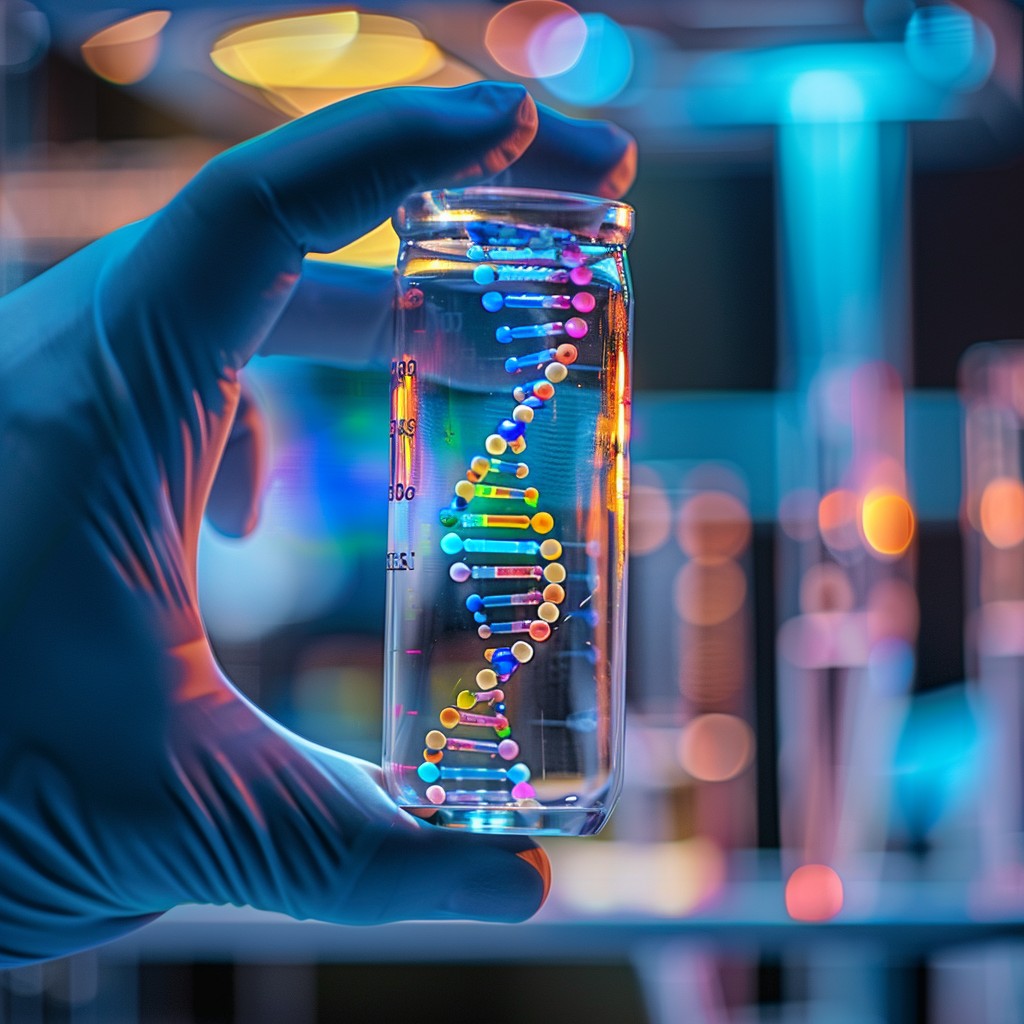In 1878 , before scientists even began using the words “gene” or “genetics”, Ellen White wrote a letter to her nephew advising him to “be careful of your associates. If you had been more circumspect in this you would not now be where you are. Your associates may not be expected to be free from imperfections or sin. But in choosing your friends, you should place your standard as high as possible. The tone of your morals is estimated by the associates you choose. You should avoid contracting a [close] friendship with those whose example you would not choose to imitate. The influence and tendency of such friendship is to assimilate you to their ideas and views…[until] their spirit and habits have become yours.” (3LtMs, Lt 17).
Now, this will sound impossible, but the influence our friends have on us can run as deep as our DNA. Both our genes and our environments make us who we are, and our childhood experiences influence the function of our genes. Positive experiences actually change the chemistry that encodes the genes in our cells in ways that benefit us, while negative influences can encode our genes in ways that harm us, either temporarily or permanently. Early life experiences impact genetic function which, in turn, directly affects how the brain and other organs develop and function, and brain function directs behavior throughout our lives.
Recent research from Rutgers University found that if, in childhood, you’re hanging around with kids who inherited a higher genetic risk of various health problems, you’re more likely to develop those problems yourself once you reach adulthood- even if you weren’t born with those genetic risks [Sciencealert.com; Your Old School Friends’ Genes Could Be Impacting Your Health, 15 Sept. 2024]. The scientists found that your childhood friend’s genetic predisposition for psychiatric and substance abuse disorders can elevate your own risk of developing the same disorders by young adulthood. It seems that your childhood friend’s genetic predispositions that are strong enough to cause their adult behaviors (like addiction) can also have a direct biological effect on your own gene activity, which influences your youthful genes to express themselves in ways that could predispose you to the same behaviors (like addiction) once you are an adult. Somehow, on a deep biological level, this research shows that one person’s genetics can “rub off on,” or influence, the genetics of their close associates.
And Ellen White apparently understood this when she recommended that young people choose close friends who had “moral worth” because these friends “will insensibly invigorate your powers of mind and your morals.” Unbelievable, but apparently true.

